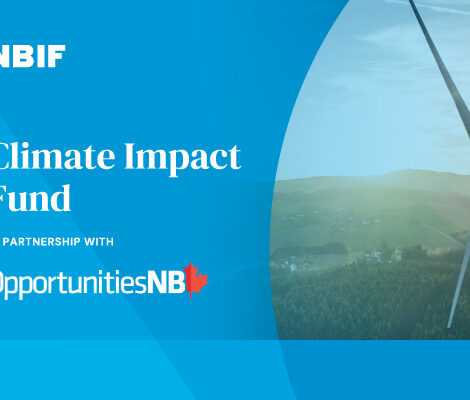- May 23, 2010
- Applied Research
- Comments : 0
Thierry Chopin talks to Washington Post about sustainable fish farms
By Jane Black – Washington Post | link to original article
As a student of the food system, I think there are few things as complicated as the debate over aquaculture. Is farming fish better than plundering the ocean or depleting wild species? Or are the risks such as pollution too great? Should we avoid carnivorous farmed fish such as salmon and tuna and favor herbivores such as tilapia instead? It’s all enough to make me want a burger — or a drink.
But here at the Monterey Bay Aquarium’s annual Cooking for Solutions conference, I learned about a kind of aquaculture that seemed to make a lot of sense. It’s called Integrated Multi-Trophic Aquaculture, or IMTA. But the concept is a lot simpler than it sounds.
In a nutshell, the idea is that rather than farming just salmon or just tilapia, you farm a range of species from different levels of the food chain (that’s what multi-trophic means). These species work together to make the system more sustainable. Scientists might build a farm that raises salmon and mussels and seaweed, for example. The salmon excretes organic particles and soluble nutrients, such as nitrogen and phosphorous, as waste. The mussels filter the particles and the seaweed absorb the nutrients. All types of seafood can be sold commercially, giving the producer new revenue streams and an incentive to create a more sustainable environment.
Of course, re-creating the balance of nature is no easy feat. There is much more research to be done on how such techniques can work and at what scale. But the concept is gaining traction. Thierry Chopin, the scientific director of the Canadian Integrated Multi-Trophic Aquaculture Network at the University of New Brunswick in Canada, is working with seafood giant Cooke Aquaculture. The project began in 2001. By the end of the year, between 13 and 16 of the area’s 96 salmon farms will be using IMTA.
Growth must be measured for several reasons, Chopin told me. First, scientists want to know more about how to design IMTA farms. But equally important, new markets must be developed. While plenty of Americans eat mussels, fewer of them eat seaweed. And if the system is to work, the markets and the environment have to work in harmony.
Seaweed salad, anyone?

